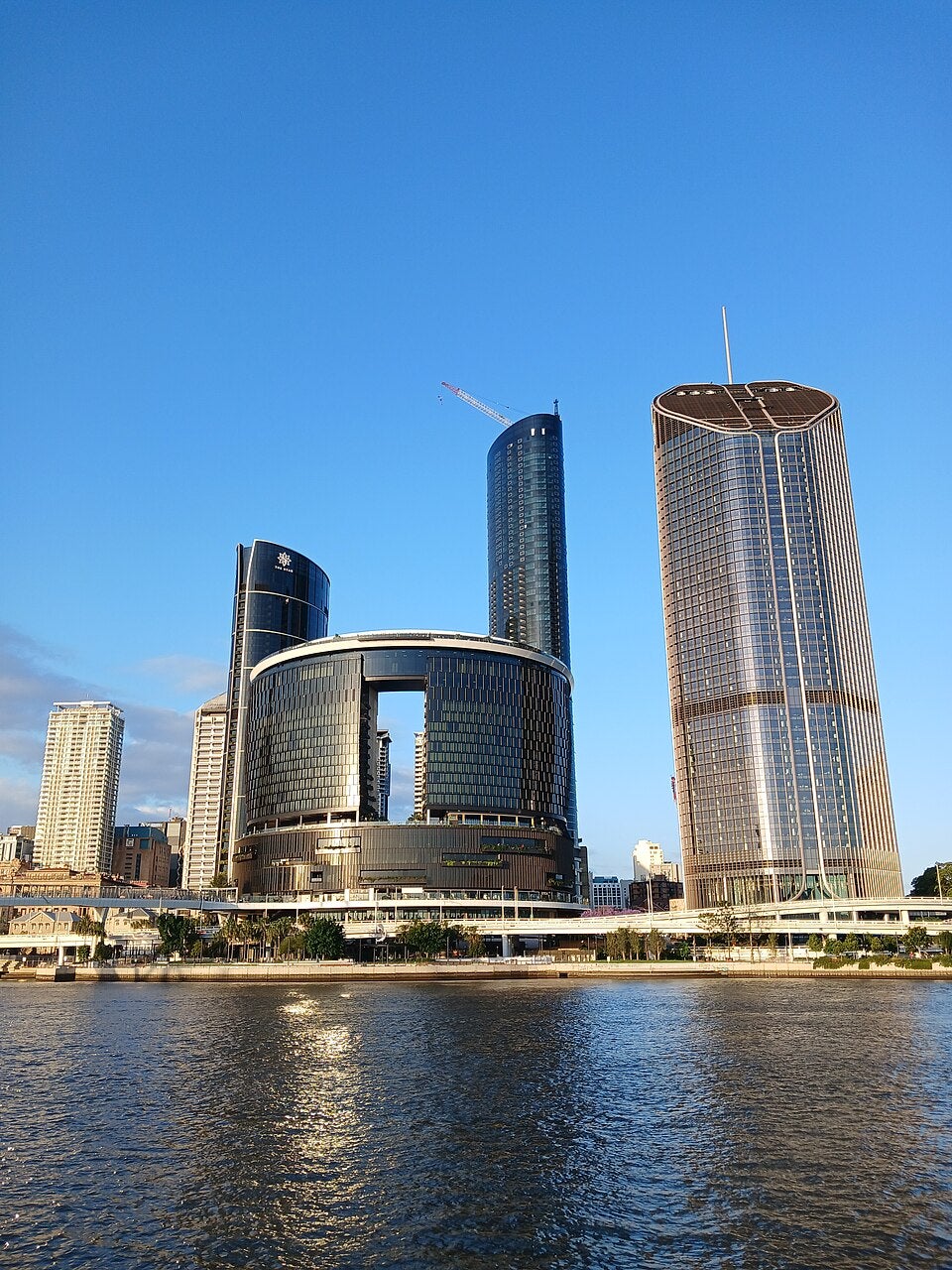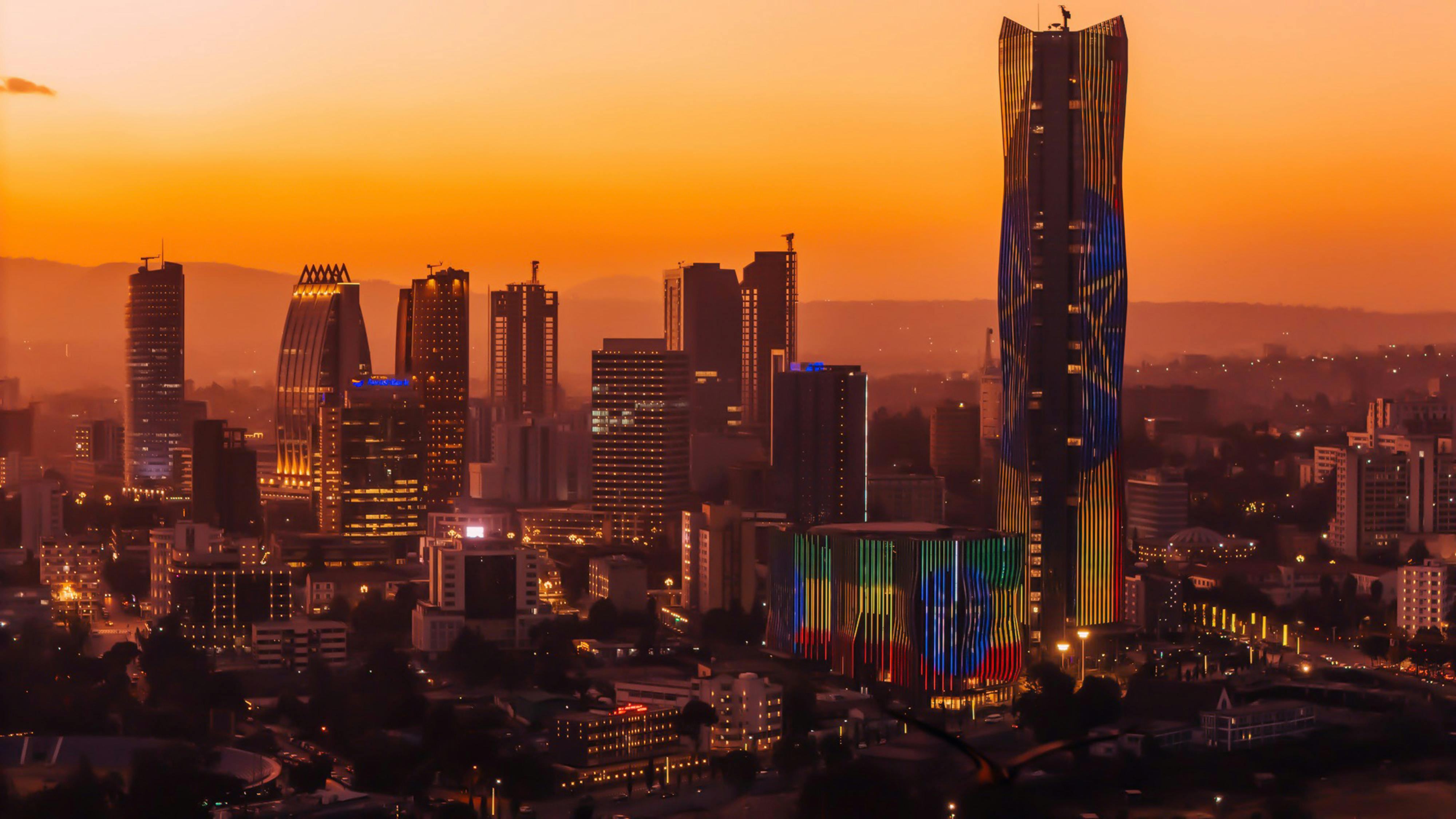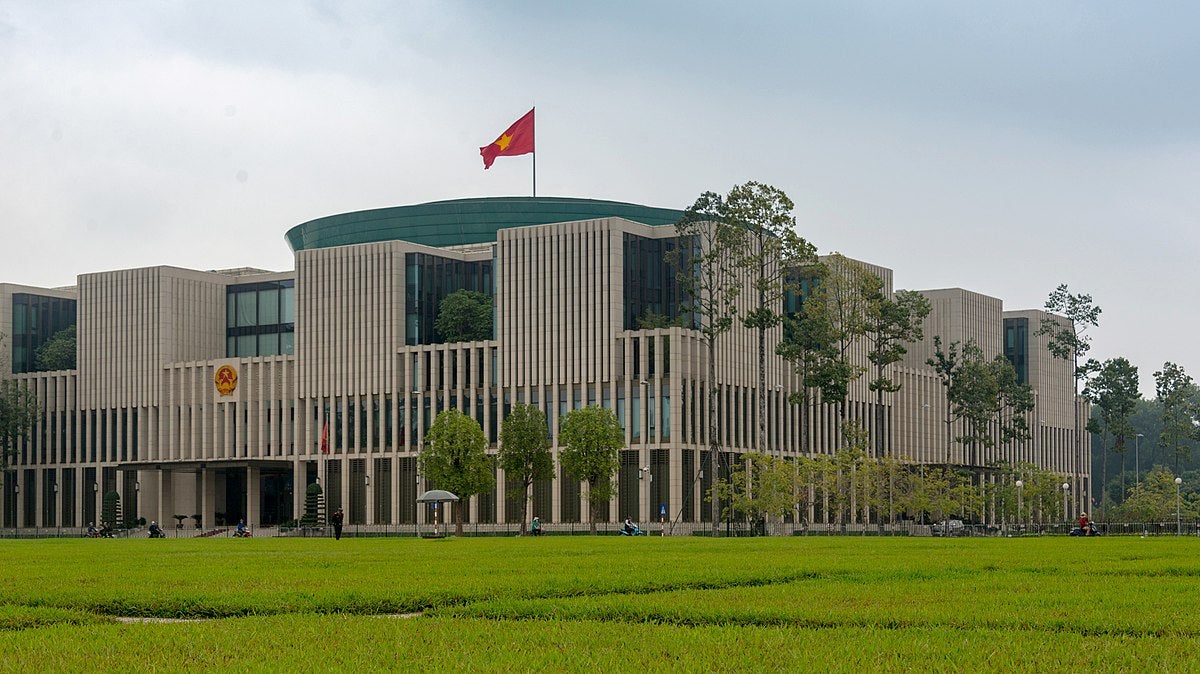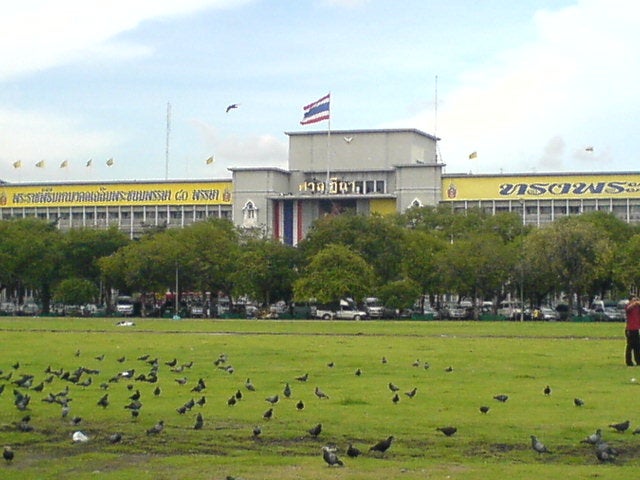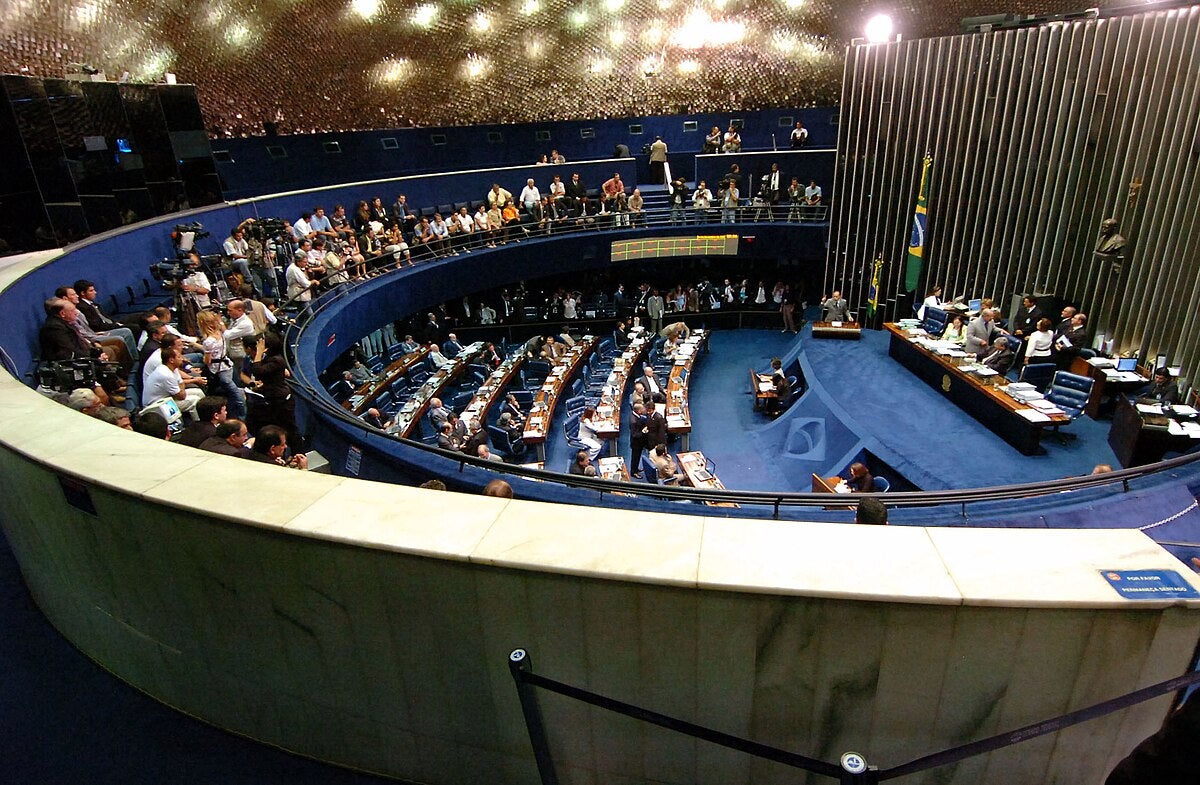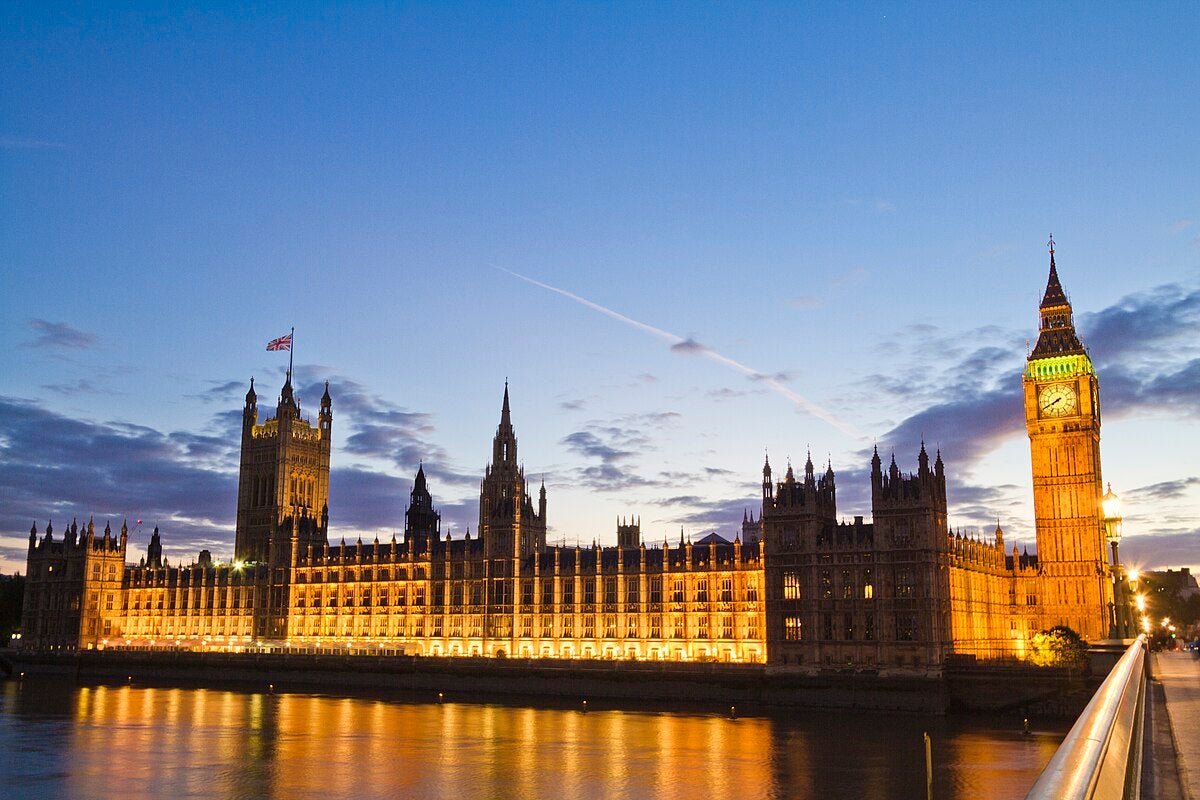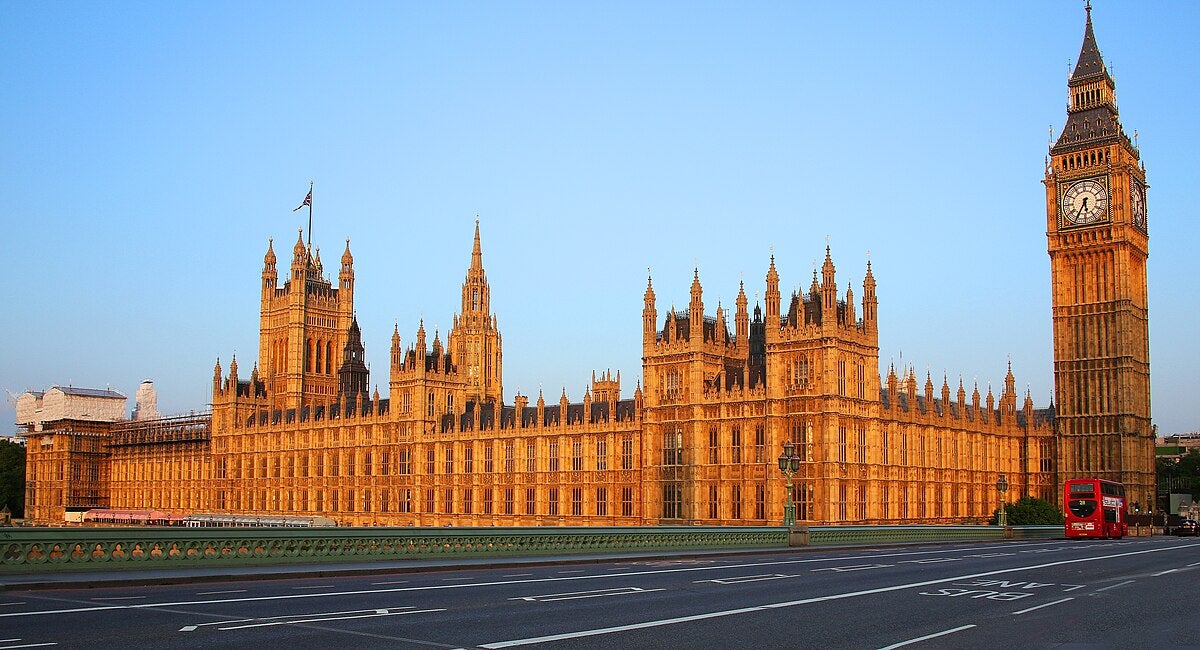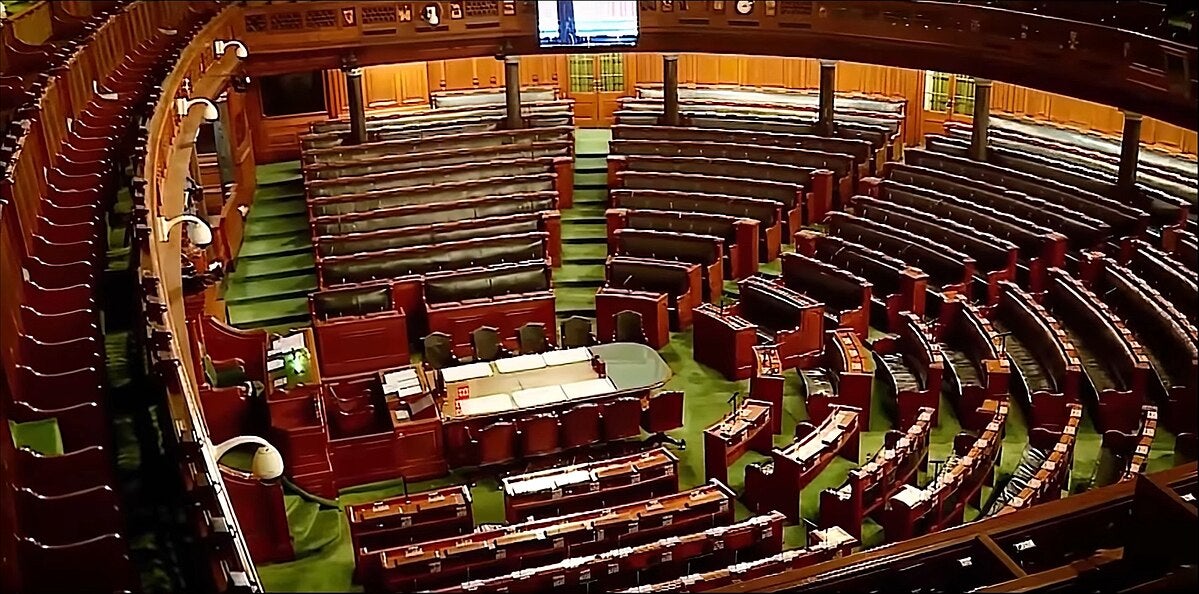Revenue Collapse
India’s gaming giants face operational paralysis as the newly enacted ban triggers shutdowns of money-based platforms. Dream11, a fantasy sports titan, reported a 95% revenue loss overnight, leading to its pullout as India’s national cricket team’s lead sponsor. Others, including MPL, WinZO, and PokerBaazi, have similarly suspended cash operations; however, none have joined A23’s legal challenge.
The law, ratified by President Murmu on August 25 after parliamentary approval, exempts video games, e-sports, and subscription-based social games but prohibits all monetary stakes on all other online games. While A23’s parent company seeks the court’s intervention to protect its 70-million-user platform, industry leaders like MPL are adapting to ad-supported free models. The Indian Ministry of Electronics and Information Technology has yet to comment on the litigation.
Investor Confidence Rattled
The real money gaming ban could lead to a $5.4 billion growth reversal, as projected in the India Gaming Report 2025. The industry has attracted $3 billion in foreign investment since 2020 from companies such as Tiger Global and Peak XV Partners. It now grapples with uncertainty as its valuation has plummeted from $3.7 billion to near zero for cash-based platforms.
Supporters of the ban defend it as critical consumer protection against predatory practices, while critics warn of the collateral damage that comes with a blanket ban. Grant Thornton Bharat’s Ananay Jain framed the policy as a “double-edged sword” that will bring regulatory clarity but “risks stifling innovation and burdening startups.”
More Appeals to Government
Leading gaming bodies, including E-Gaming Federation (EGF) and All India Gaming Federation (AIGF), have collectively urged Home Minister Amit Shah to reconsider the ban, highlighting the sector’s high valuation and annual revenues. The authorities argue that the prohibition risks mass job losses, reduced tax revenue, and hindered tech innovation.




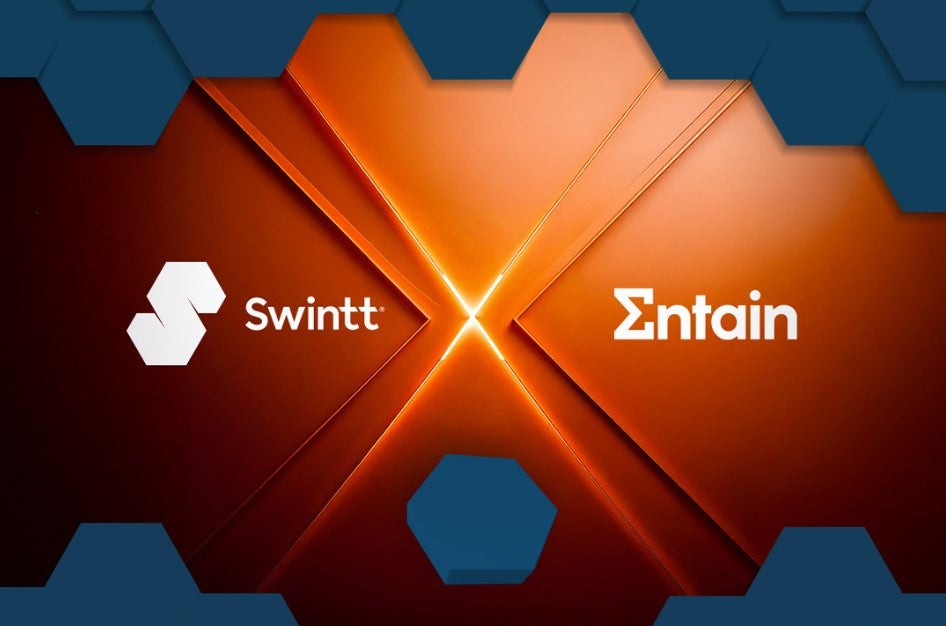






.jpg)


